High-Quality Protein Sources for Women
- Talia Dali
- Food & Hormones
Protein is the building block of health, essential for maintaining muscle, bone strength, and hormonal balance. Whether you prefer animal-based, plant-based, or a mix of both, there are plenty of protein-rich options to suit every lifestyle. Below is an expanded guide to dietary sources of protein, including animal proteins, plant-based alternatives, and lesser-known but nutrient-packed foods.
Animal-Based Protein Sources
Animal proteins are complete proteins, containing all essential amino acids in the right ratios for your body’s needs.
1. Milk and Dairy Products (Including Skyr and Greek Yogurt)
• Milk (Cow’s Milk):
• Protein Content: 8 grams per cup (240 ml).
• Benefits: Contains casein and whey, which are slow- and fast-digesting proteins, along with calcium and vitamin D for bone health.
• Skyr:
• Protein Content: 11–12 grams per 100 grams.
• Benefits: Creamy, low-fat, and packed with protein, it’s also rich in probiotics.
• Greek Yogurt:
• Protein Content: 10 grams per 100 grams.
• Benefits: High in protein and probiotics, promoting gut health and muscle repair.
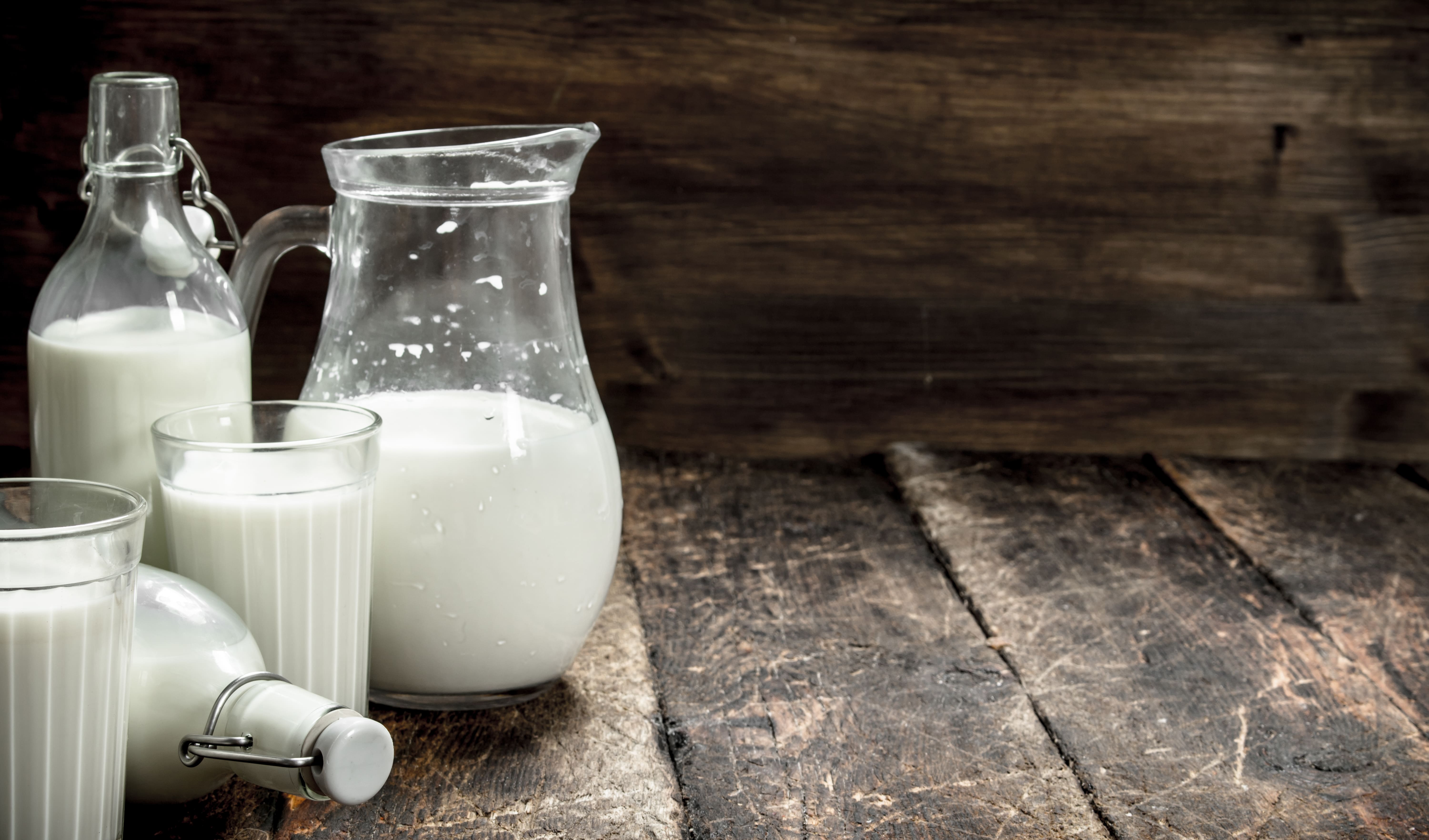
2. Chicken and Turkey
• Protein Content: 25–30 grams per 100 grams (cooked).
• Benefits: Lean and packed with energy-boosting B vitamins.
3. Fish and Seafood
• Protein Content: 20–25 grams per 100 grams (cooked).
• Options: Salmon, tuna, cod, shrimp, scallops, mussels, and crab.
• Benefits: Rich in omega-3 fatty acids, selenium, and iodine for heart and thyroid health.
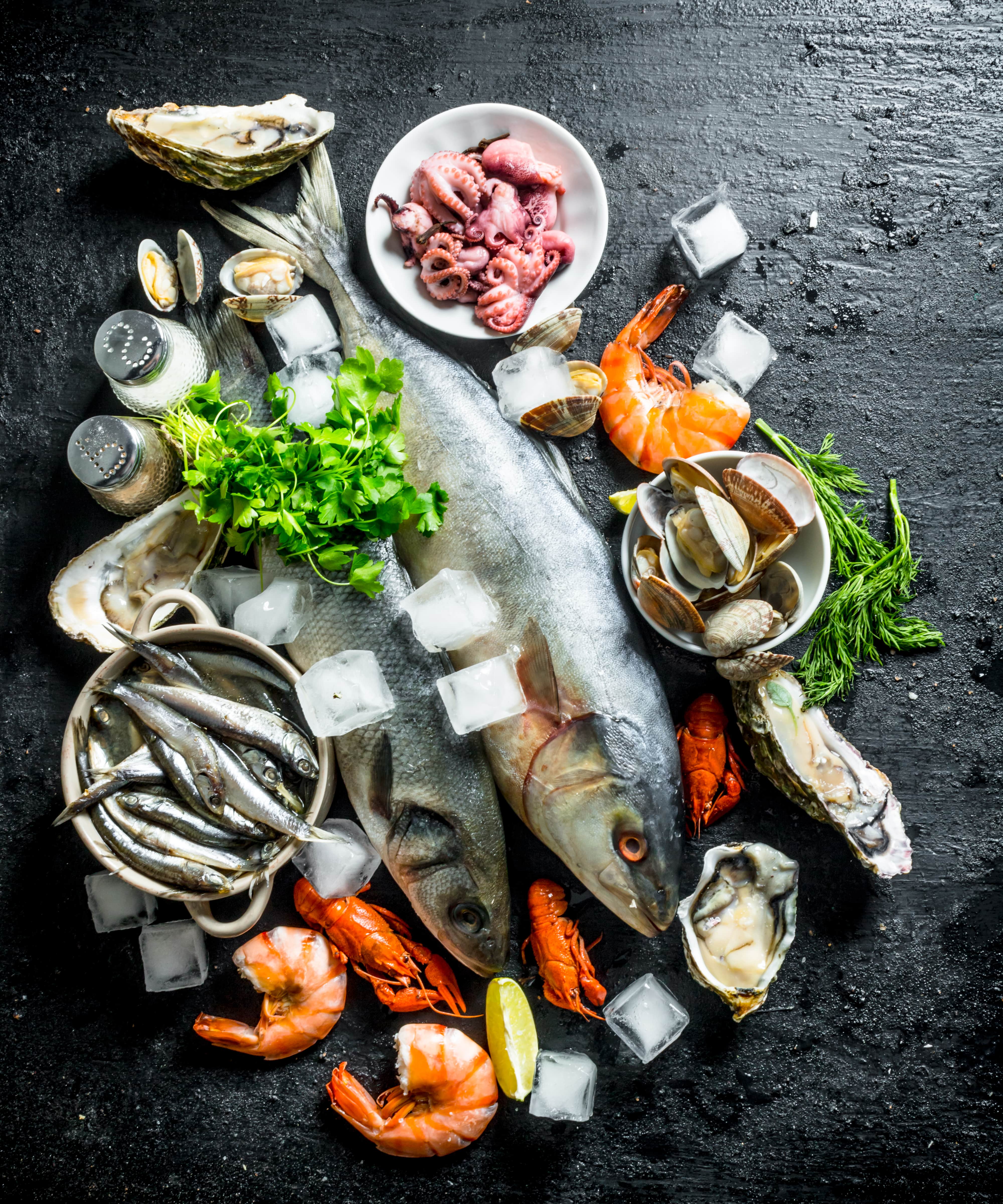
4. Eggs
• Protein Content: 6 grams per large egg.
• Benefits: High in choline, essential for brain function and liver health.
5. Cheese (Cottage Cheese, Parmesan, Cheddar)
• Protein Content: 11–28 grams per 100 grams, depending on the type.
• Benefits: High in casein, a slow-digesting protein, and loaded with calcium.
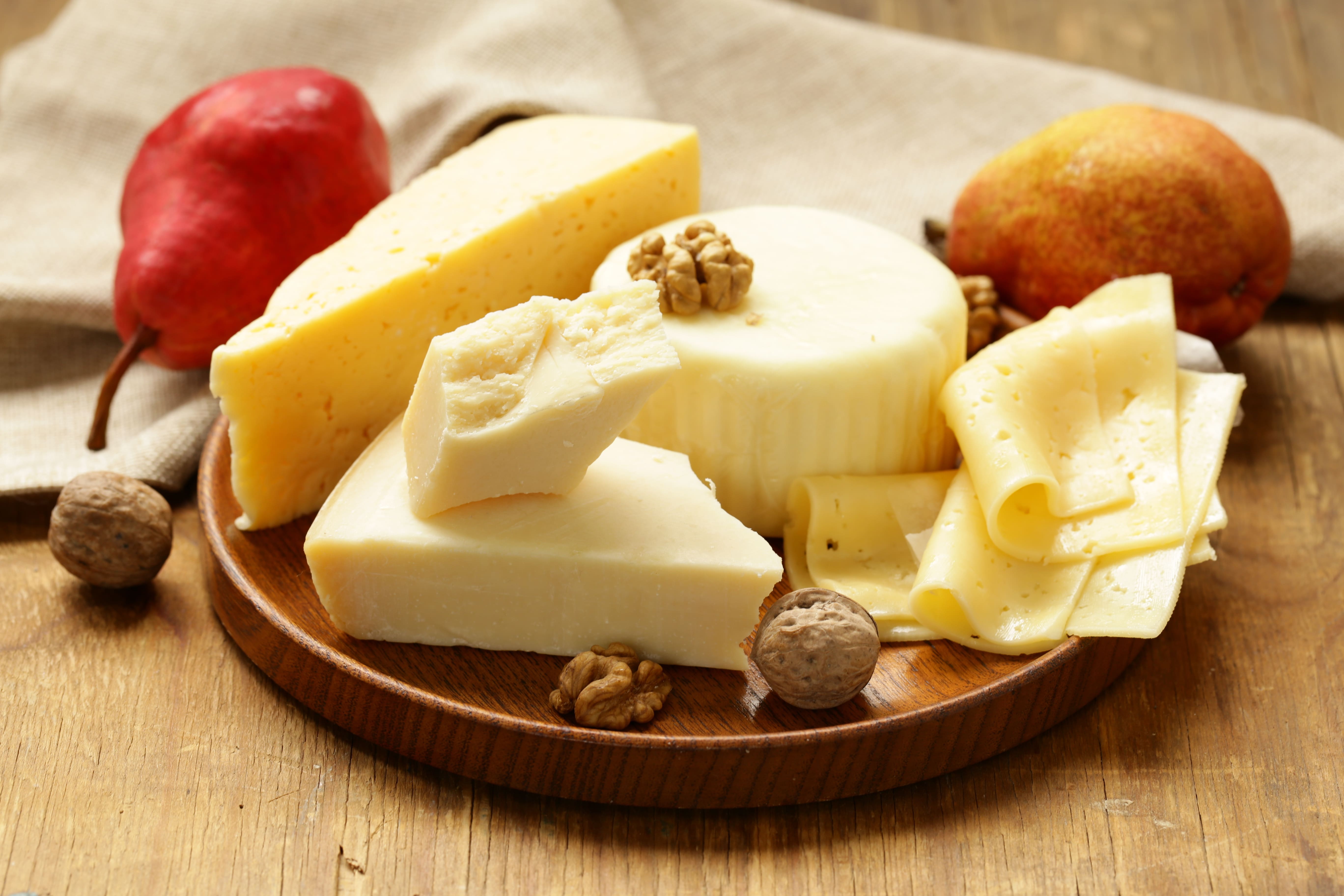
6. Red Meat (Beef, Lamb, Pork)
• Protein Content: 26–30 grams per 100 grams (cooked).
• Benefits: Excellent source of heme iron and B12 for energy and muscle oxygenation.
Plant-Based Protein Sources
Plant-based proteins are versatile and nutrient-dense. While many lack one or more essential amino acids, combining them can create complete protein profiles.
1. Legumes (Lentils, Chickpeas, Black Beans, Kidney Beans)
• Protein Content: 7–9 grams per 100 grams (cooked).
• Benefits: High in fiber, iron, and folate, supporting digestion and energy.
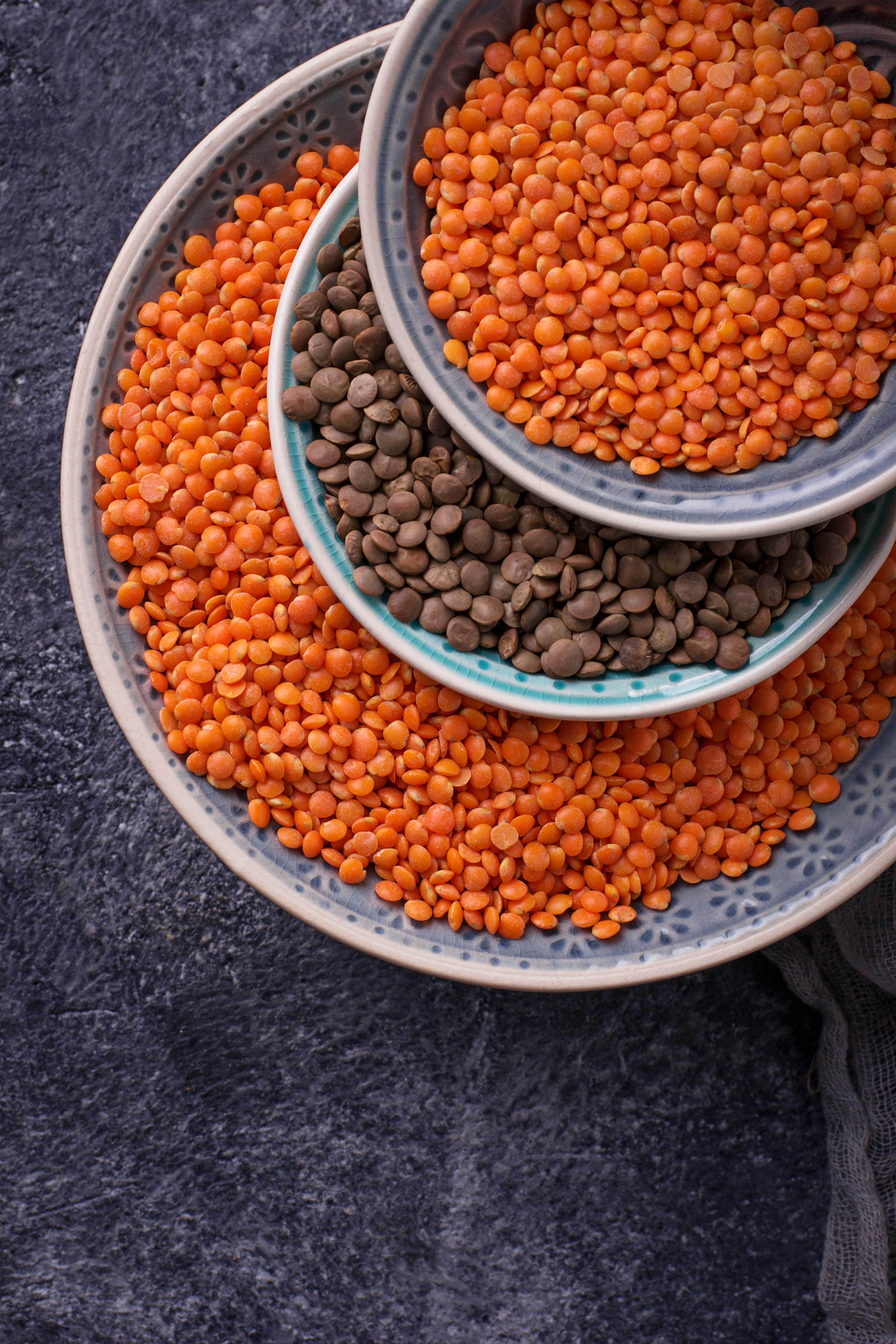
2. Whole Grains (Quinoa, Spelt, Bulgur, Buckwheat, Millet)
• Protein Content:
• Quinoa: 8 grams per 100 grams (cooked).
• Spelt: 11 grams per 100 grams (cooked).
• Bulgur: 3.5 grams per 100 grams.
• Buckwheat: 5 grams per 100 grams.
• Millet: 4 grams per 100 grams.
• Benefits: Provide sustained energy, magnesium, and antioxidants.
3. Tofu, Tempeh, and Seitan
• Protein Content:
• Tofu: 10–15 grams per 100 grams (cooked).
• Tempeh: 19 grams per 100 grams.
• Seitan: 21 grams per 100 grams.
• Benefits: Tofu and tempeh are soy-based and contain isoflavones, while seitan offers a high-protein option for those without gluten sensitivity.
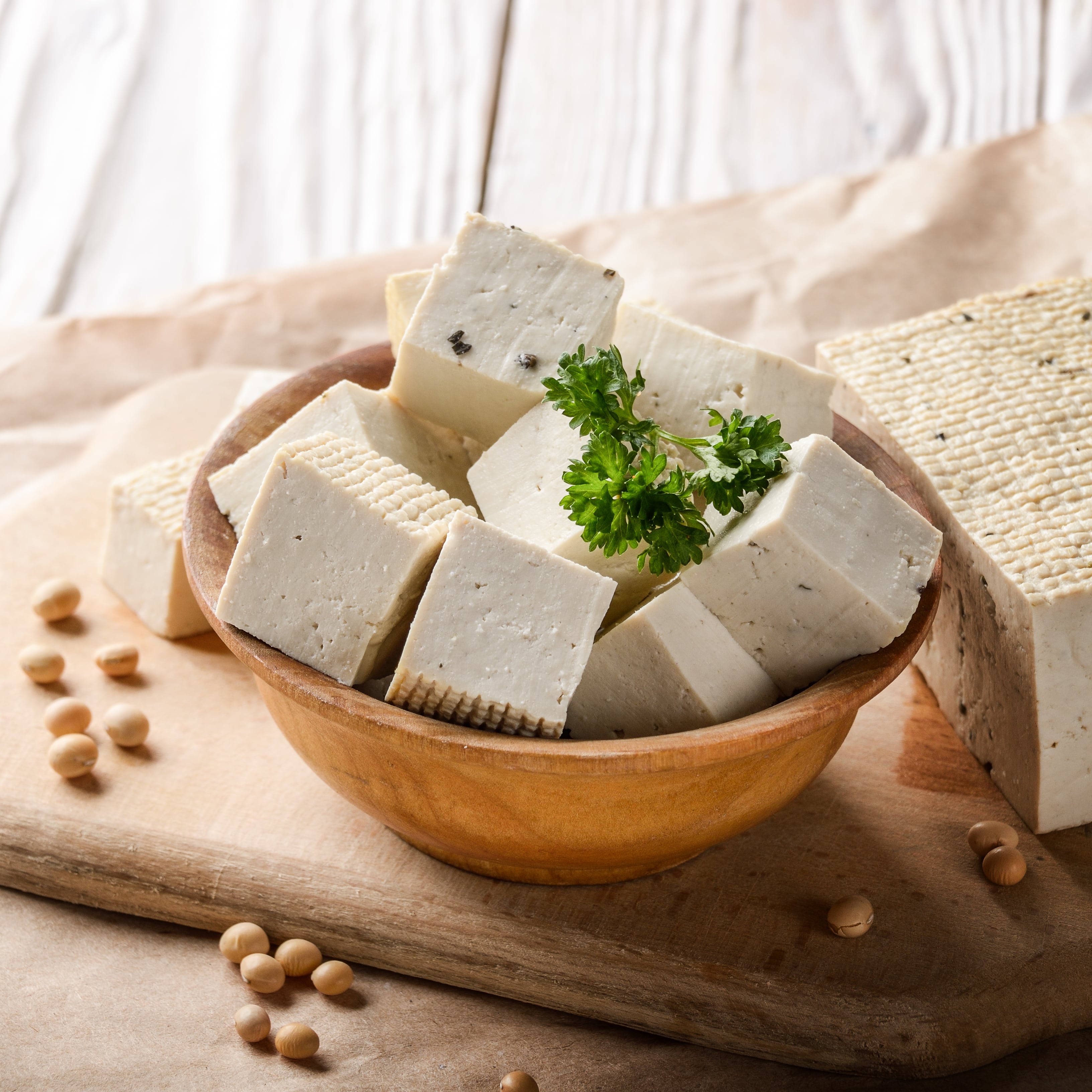
4. Nuts and Seeds (Almonds, Walnuts, Peanuts, Chia Seeds, Pumpkin Seeds)
• Protein Content:
• Almonds: 6 grams per 30 grams.
• Walnuts: 4 grams per 30 grams.
• Peanuts: 7 grams per 30 grams.
• Pumpkin Seeds: 8 grams per 30 grams.
• Chia Seeds: 5 grams per 2 tablespoons.
• Benefits: Packed with healthy fats, antioxidants, and magnesium.
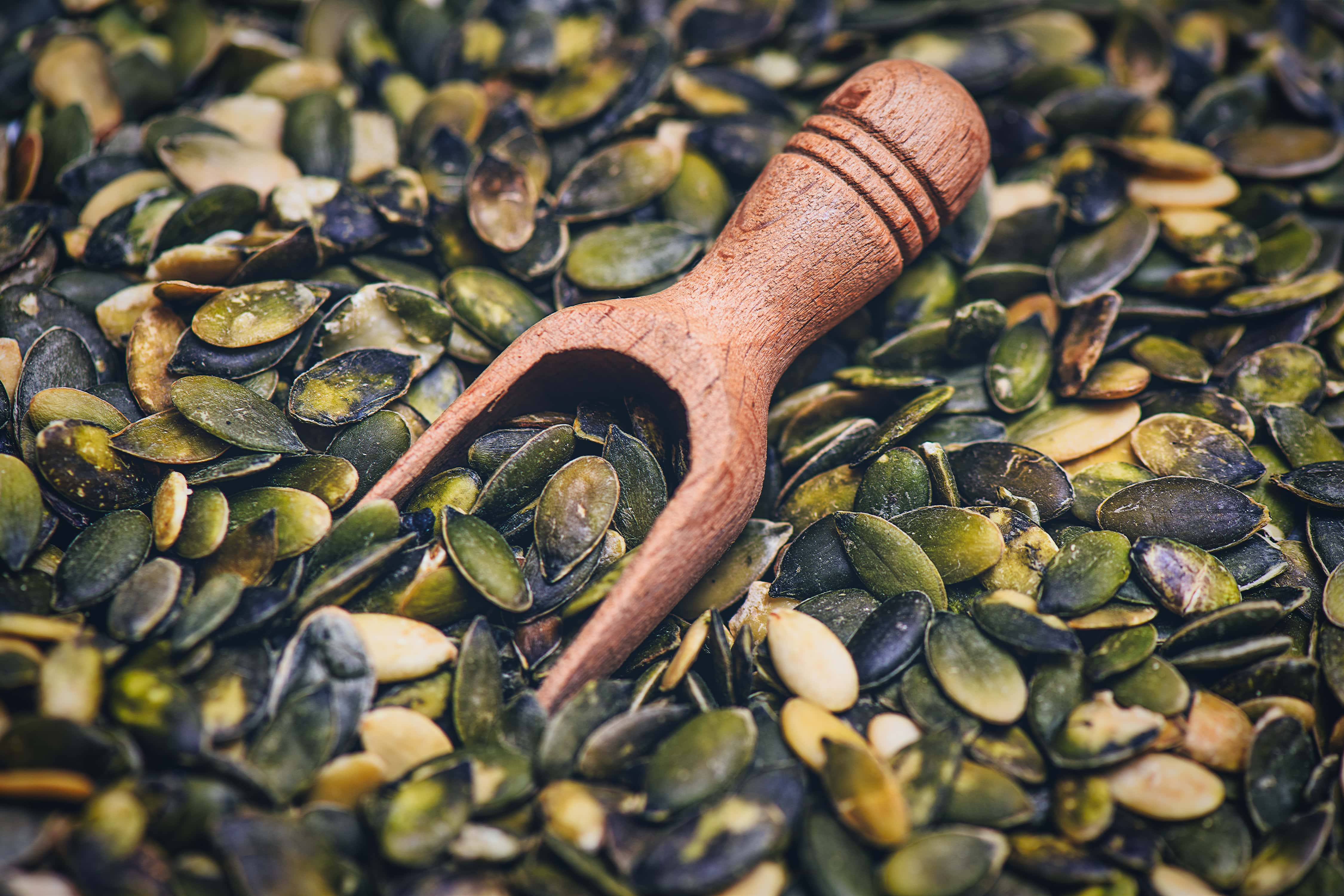
5. Edamame and Soybeans
• Protein Content: 11 grams per 100 grams (cooked).
• Benefits: Contains all essential amino acids and is rich in calcium and iron.
6. Algae (Spirulina, Chlorella)
• Protein Content:
• Spirulina: 4 grams per tablespoon (7 grams).
• Chlorella: 3 grams per tablespoon (5 grams).
• Benefits: High in protein and micronutrients like iron and B12, ideal for vegans.

7. Protein-Rich Vegetables and Fruits
• Vegetables:
• Broccoli: 2.8 grams per 100 grams.
• Spinach: 2.9 grams per 100 grams (cooked).
• Kale: 2.7 grams per 100 grams (cooked).
• Brussels Sprouts: 3 grams per 100 grams (cooked).
• Fruits:
• Avocado: 2 grams per 100 grams.
• Guava: 2.6 grams per 100 grams.
• Benefits: Packed with fiber, vitamins, and antioxidants in addition to protein.
Plant-Based Milk Options
Plant-based milks vary widely in protein content. While not all are high in protein, some can be excellent additions to your diet.
1. Soy Milk
• Protein Content: 7–9 grams per cup (240 ml).
• Benefits: A complete protein and a rich source of calcium and vitamin D.
2. Pea Milk
• Protein Content: 8 grams per cup (240 ml).
• Benefits: Comparable to cow’s milk in protein and often fortified with additional nutrients.
3. Almond Milk
• Protein Content: 1–2 grams per cup (240 ml).
• Benefits: Lower in protein but rich in vitamin E.

4. Oat Milk
• Protein Content: 2–4 grams per cup (240 ml).
• Benefits: Creamy texture and a good source of fiber.
5. Coconut Milk
• Protein Content: Less than 1 gram per cup (240 ml).
• Benefits: Low in protein but provides healthy fats for energy.
6. Hemp Milk
• Protein Content: 3–4 grams per cup (240 ml).
• Benefits: Contains omega-3 fatty acids and is hypoallergenic.
Tips for Optimizing Protein Intake
1. Diversify Your Sources: Include a mix of animal- and plant-based proteins for a wide range of nutrients.
2. Combine Plant Proteins: Pair grains and legumes (e.g., rice and beans) to create a complete amino acid profile.
3. Snack Smart: Keep high-protein snacks like nuts, seeds, or Greek yogurt handy.
4. Choose Fortified Plant Milks: Opt for those with added calcium, vitamin D, and protein.
The Bottom Line
With a wide array of high-quality protein sources available, it’s easy to find options that suit your dietary preferences and lifestyle. From milk and dairy to legumes, grains, and nuts, each source brings unique benefits to the table. By incorporating a variety of protein-rich foods into your meals and snacks, you’ll fuel your body, support your health, and thrive in every stage of life.